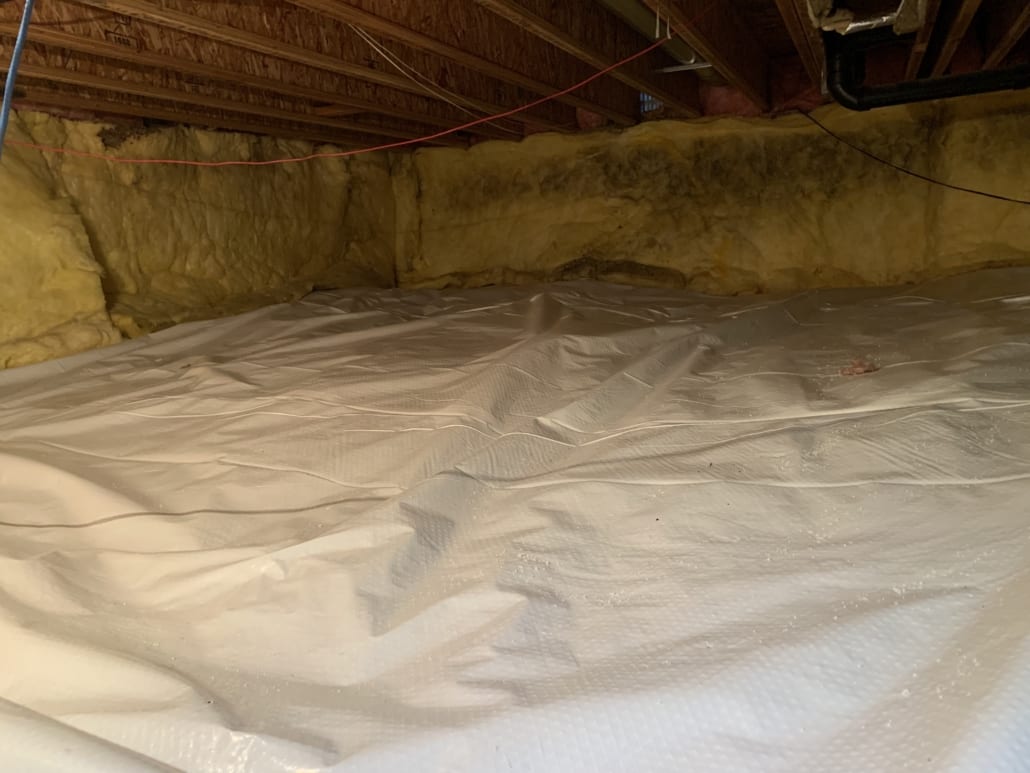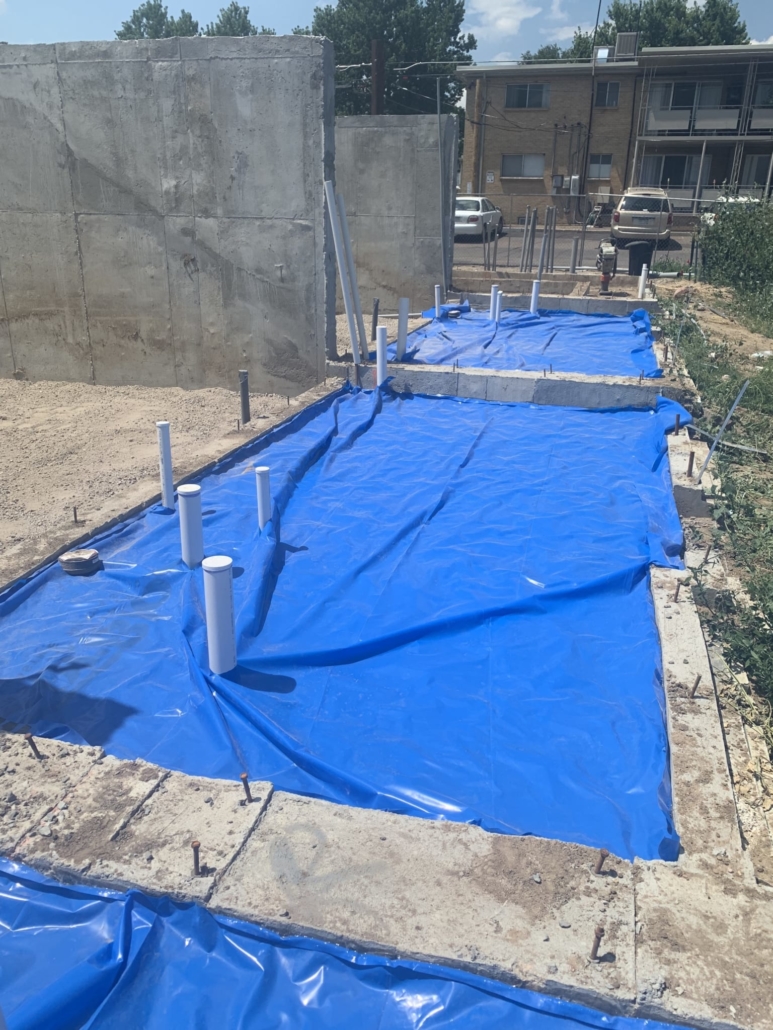The Colorado Radon Pros specialize in building custom radon mitigation systems in Denver, Boulder, Lakewood, Ft. Collins, Colorado Springs and everything in-between. The important piece to recognize is that we specialize in CUSTOM radon mitigation systems. This is extremely important because we build radon systems specifically designed with your homes construction in mind. Furthermore, the level at which your home is tested is also at the focal point of our system design. Many Colorado radon providers design cookie-cutter radon mitigation systems and simply look for the easiest way to run the system so they can install as many radon mitigation systems as possible in one day. This is not always what is best for the life of your radon fan, the aesthetics of your home, or your pocket book. Colorado Radon Pros will ensure that your radon reduction system meets EPA and NRPP standards and that your system design works well with the construction of your property.
One type of custom radon mitigation system installation we periodically see in Colorado is what is known as a crawlspace radon system. This style of system essentially requires us to seal the crawlspace with the proper vapor barrier required by the EPA and NRPP standards. These are standards that also dictate how much overlap is required for the vapor barrier, how the seams are property sealed and how the vapor barrier is properly adhered to the wall of the crawlspace. These crawlspace radon mitigation systems are very custom in nature because every crawlspace is different. In addition, it is sometimes necessary to depressurize the crawlspace while in other situations it may not be necessary based on the construction of the home and how well the main active soil depressurization system is working or if there is a main system at all.
The advantages of crawlspace radon mitigation systems extend far beyond just radon mitigation itself. Many homes with dirt or gravel crawlspaces experience the unpleasant scents or smells of mold or mildew because the area is open soil, which is ultimately open to the weather and other outdoor un pleasantries. By sealing this area, and many times depressurizing this area, the radon mitigation installation may actually help with keeping these unpleasant smells away. Furthermore, radon mitigation systems, on average, remove approximately 2-4 tons of water from the soil beneath the home on an annual basis. The moisture reduction associated with radon mitigation systems may help tremendously with crawlspace humidity issues as well as mold or mildew growth within the space.


